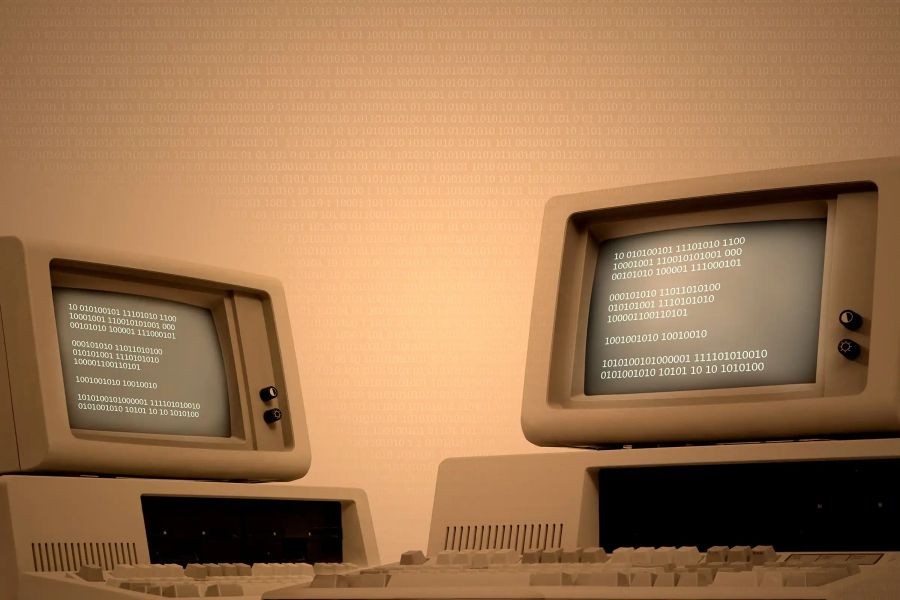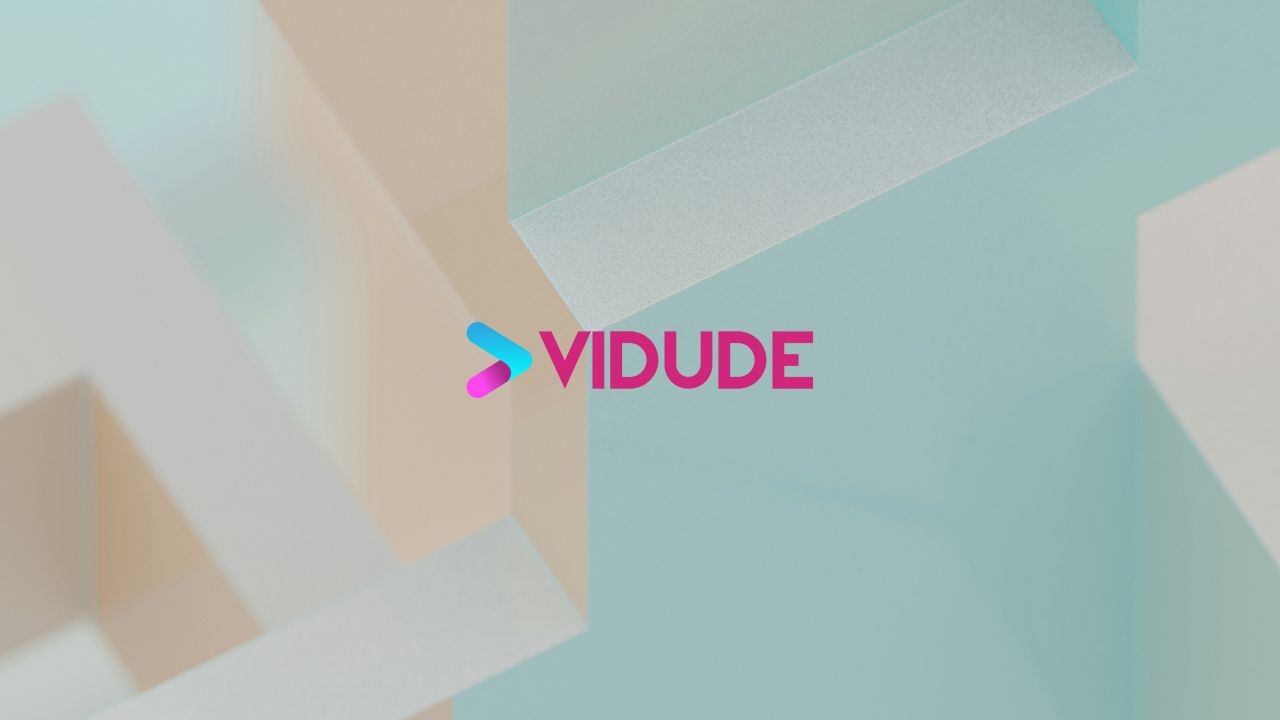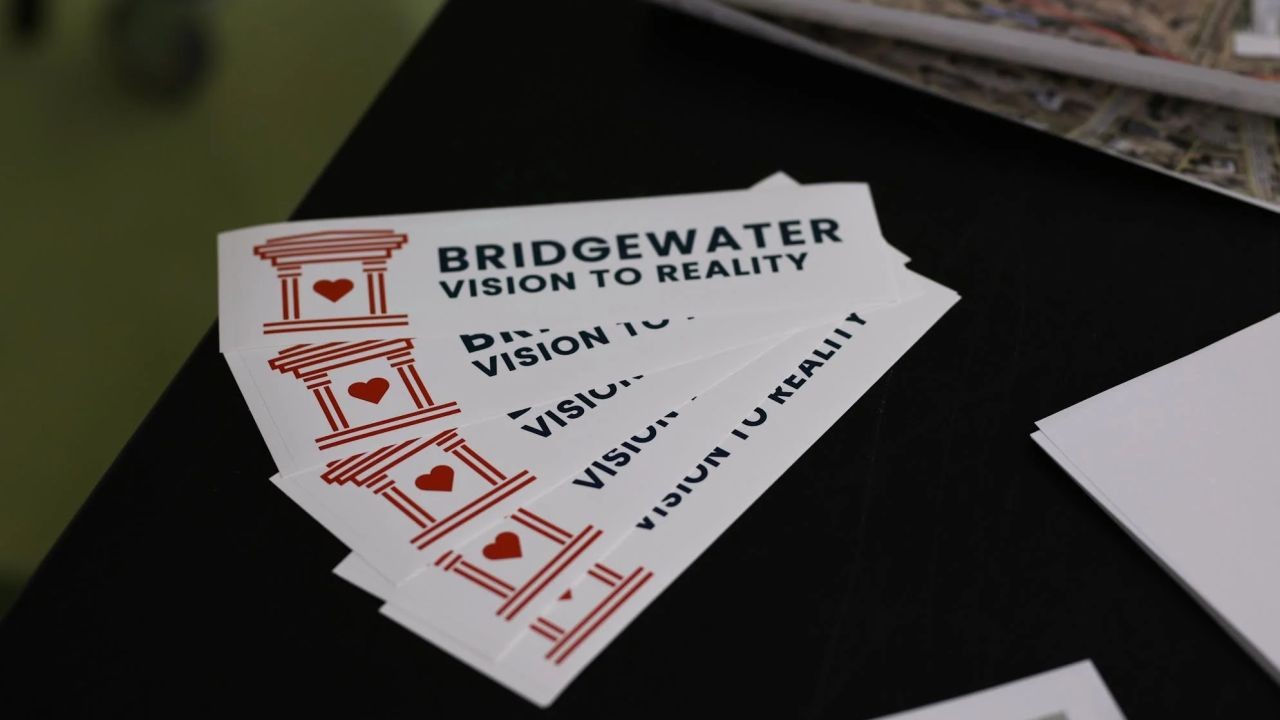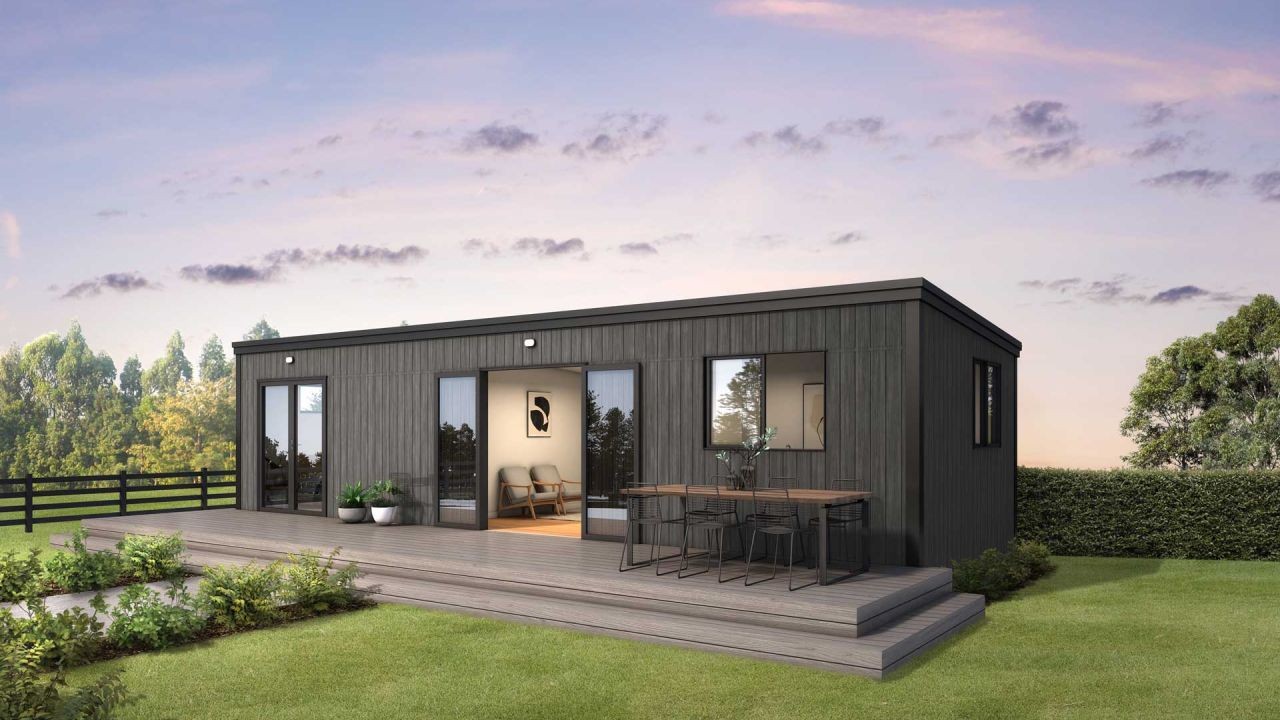In an era where gaming technology advances at a rapid pace, many gamers face the challenge of keeping their older PCs up-to-date. This is particularly relevant in New Zealand, where the gaming industry continues to flourish, contributing significantly to the economy. According to Stats NZ, the digital gaming sector is a noteworthy component of the creative industries, which collectively added approximately NZD 17.5 billion to the country's GDP in 2020. Upgrading an older PC for modern gaming can be a cost-effective solution for gamers who want to enjoy the latest titles without breaking the bank. But how can one effectively upgrade an older machine to keep pace with modern requirements? This article delves into the practical steps, industry insights, and expert-backed strategies tailored for the Kiwi audience.
Understanding the Current Gaming Landscape in New Zealand
The gaming industry in New Zealand is thriving, with a reported 43% of Kiwis engaging in video gaming activities regularly. This growing trend aligns with a global shift towards digital entertainment and interactive media. As gaming becomes more integrated into everyday life, demand for hardware capable of running advanced games grows. However, high import costs and supply chain disruptions, influenced by New Zealand's geographical isolation, can make acquiring the latest gaming PCs an expensive affair. Consequently, upgrading existing systems becomes not just a practical option but a financially savvy one.
Key Components to Upgrade for Modern Gaming
- Graphics Card (GPU): The most impactful upgrade for gaming performance. Opt for a mid-range GPU from brands like NVIDIA or AMD, which are often available at competitive prices in the local market.
- RAM: Increasing RAM to 16GB can significantly enhance game performance and multitasking capabilities.
- Storage: Switching from an HDD to an SSD reduces load times and improves overall system speed. Consider an SSD with at least 500GB of storage.
- CPU: While more complex, upgrading the CPU can provide substantial performance gains. Ensure compatibility with your motherboard before purchasing.
Real-World Case Study: Kiwi Gamer's Journey to an Upgraded PC
Case Study: Ashley's Gaming Rig – From Outdated to Optimized
Problem: Ashley, a gaming enthusiast from Auckland, struggled with her five-year-old PC, which couldn't handle the latest games. Frequent crashes and lag detracted from her gaming experience.
Action: Ashley prioritized upgrading the GPU and RAM. She chose an NVIDIA GTX 1660 and increased her RAM from 8GB to 16GB. These changes were complemented by replacing the HDD with a 1TB SSD.
Result: After these upgrades, Ashley noted a 70% improvement in game load times and a 50% increase in frame rates. Her gaming experience became seamless, allowing her to enjoy new releases without technical interruptions.
Takeaway: This case highlights the transformative impact of targeted hardware upgrades. New Zealand gamers can achieve substantial improvements without purchasing a new system, maximizing existing resources for better performance.
Challenges and Considerations for Kiwi Gamers
While upgrading offers numerous benefits, there are challenges to consider:
- Component Availability: Due to import dependencies, certain components may experience shortages or price hikes.
- Compatibility Issues: Ensure that new components are compatible with existing hardware to avoid additional costs.
- Technical Expertise: Upgrading a PC requires some technical know-how. Tutorials and community forums can be invaluable resources for first-time upgraders.
Debunking Common Myths About PC Upgrades
- Myth: "You need to replace everything to improve performance." Reality: Targeted upgrades (like GPU and RAM) can yield significant performance improvements without a full system overhaul.
- Myth: "Upgrading is always expensive." Reality: Strategic purchases and timing (e.g., during sales) can reduce costs significantly.
- Myth: "DIY upgrades are too risky." Reality: With numerous online resources and guides, even beginners can perform upgrades safely and effectively.
Future Trends in Gaming Hardware and Their Impact on New Zealand
The global gaming hardware market is projected to grow, with advancements in virtual reality and AI technology leading the charge. For New Zealand, this means an increasing need for high-performance PCs that can support these innovations. By 2026, it's expected that over 60% of New Zealand's gaming market will be equipped with VR-ready systems, according to a report from NZTech. This trend offers both challenges and opportunities for local gamers and businesses involved in the gaming industry.
Conclusion: Taking Action to Enhance Your Gaming Experience
Upgrading an older PC for modern gaming doesn't have to be daunting or prohibitively expensive. By focusing on key components like the GPU, RAM, and storage, Kiwi gamers can significantly enhance their gaming experience. As the gaming industry continues to evolve, staying informed about the latest trends and technologies is crucial. Are you ready to upgrade your gaming rig and elevate your experience? Share your thoughts and strategies in the comments below!
People Also Ask
- What are the essential components to upgrade for gaming? NZ gamers should prioritize upgrading the GPU, RAM, and storage, which significantly impact performance and load times.
- How does upgrading a PC benefit gamers in New Zealand? Upgrading allows gamers to enjoy new titles without purchasing an entirely new system, saving costs and resources.
- What are the biggest misconceptions about PC upgrades? A common myth is that upgrading is prohibitively expensive; however, strategic component upgrades can be cost-effective.
Related Search Queries
- Best PC components for gaming in New Zealand
- How to choose a gaming GPU in 2023
- Cost-effective PC upgrades for gamers
- Gaming industry trends in New Zealand
- Future of gaming hardware technology


























AlfredoSwi
11 months ago